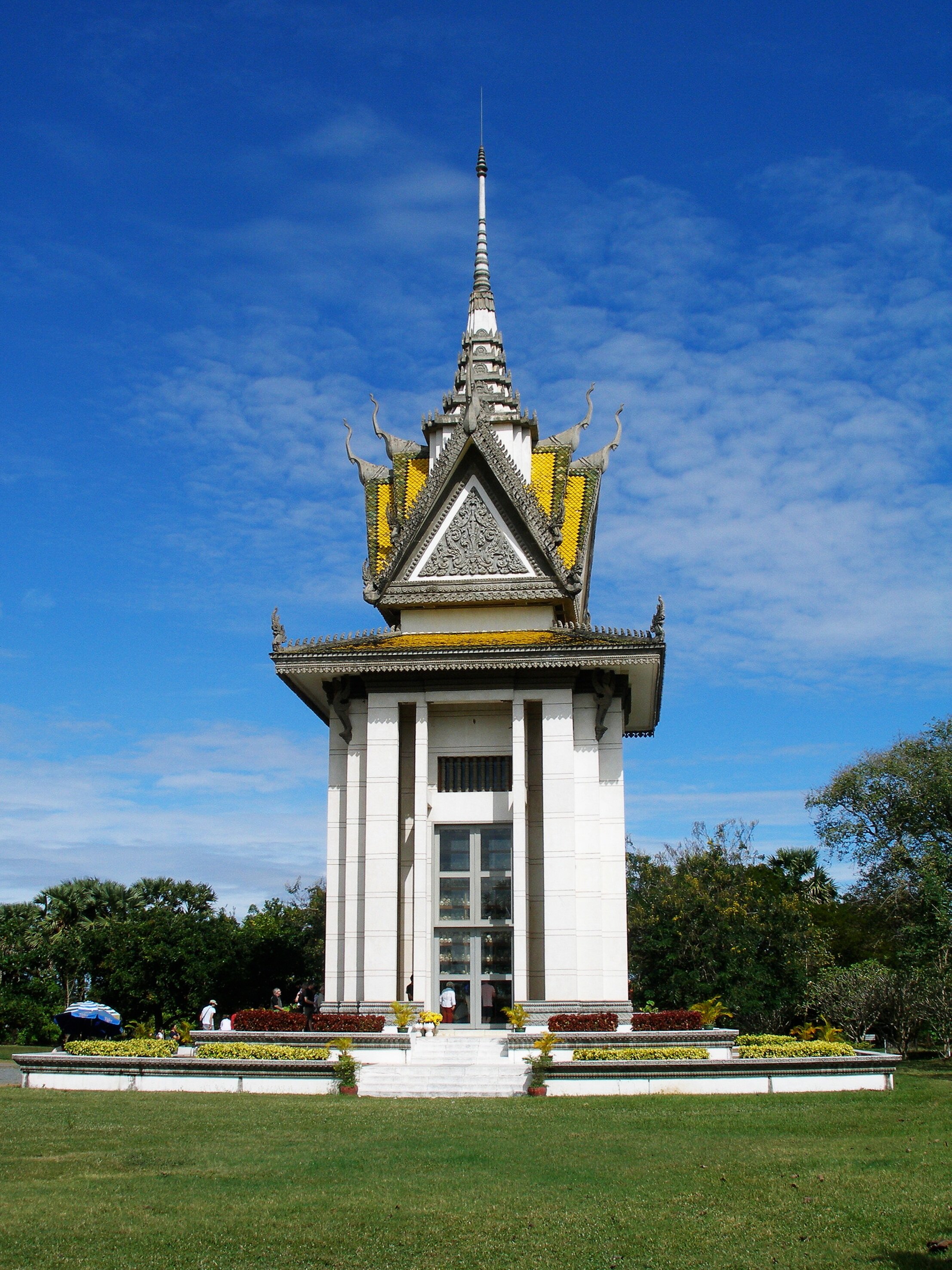“What do you want out of life?”
“Everything,” he responded.
“Everything? Are you sure?”
He pondered for a moment. It’s true that ‘everything’ was a loaded request. Everything meant taking the negative with the positive. But then again, without feeling sad or alone, feeling happiness and the joy of true community would not mean as much. Without experiencing frustration and failures, the triumph of success and the inner quiet of feeling at peace would not resonate as deeply as they would otherwise. The warmth of the sun would not feel as good when its rays smiled down upon his face if there weren’t cloudy days. And seeing the path before his feet clearly would not feel as comforting and confirming if he didn’t spend some time stumbling around in the forest aimlessly, curious for what else might be out there and content to wander through uncharted territory.
He wanted adventure. He wanted heartache. He wanted love. He wanted to step outside of his comfort zone and push the limits of what he knew was possible for himself. He wanted to try, fall, get up, and then try again. He wanted to laugh and to cry through it all. But he was afraid of the unknown.
“I’m afraid,” he said as his heart beat harder within his chest.
“Of course you are. You would be fool not to feel fear, have insecurity, and be a bit skeptic. But to accept everything means you must be willing to embrace the hardships and walk through those feelings…”
He nodded.
“Even if they last for months on end. Do you understand? Will you bear it all?”
“I-I do. I w-will,” he stammered. “I want everything.”
“Very well,” said the Universe.
——————————
I often feel like the “he” in the above text. I want to make the most out of life and I have ideas of what that looks like for me, but sometimes (actually a lot of times) I get caught up in the vision of the destination and I don’t focus on the systems and processes required to action life into “moving the needle” and making true progress towards that vision. Now, I’m great at playing “visionary.” If you ever need someone to dream big for you, give me a call.
My current challenge for myself, though, is to break down the visions into “producible parts” and action them into my life. It’s frightening…and that’s where becoming comfortable with failure comes in. A part of my psyche that has been engrained in me from a young age has been to people please, not ruffle too many feathers, and to achieve (but to achieve based on what society and public education tells you “achievement” is.) Because of this, I have often been afraid to fail - so afraid that I fail to act at all. As I’ve grown into my own person, though, I am actively acknowledging that within myself and realizing the changes I have to make if I want to truly step into my potential. I’m starting to treat life a little more like an experiment. It’s frightening at times, for sure...and frustrating, too. But it’s also a lot of fun and I feel I am knowing myself better and better these days. Oh, and to be clear…I do want everything out of life. I’m greedy, I guess.
Do you have any tips on being your best self? Are you trying to live your best life, or are you just coasting? What does productivity look like to you, and do you feel that it is overrated in our culture? Give this post a like and leave a comment - I’d love to hear from you!


